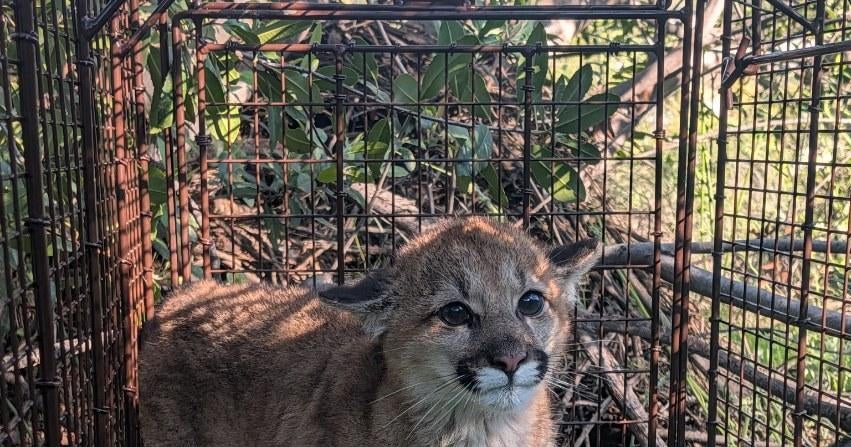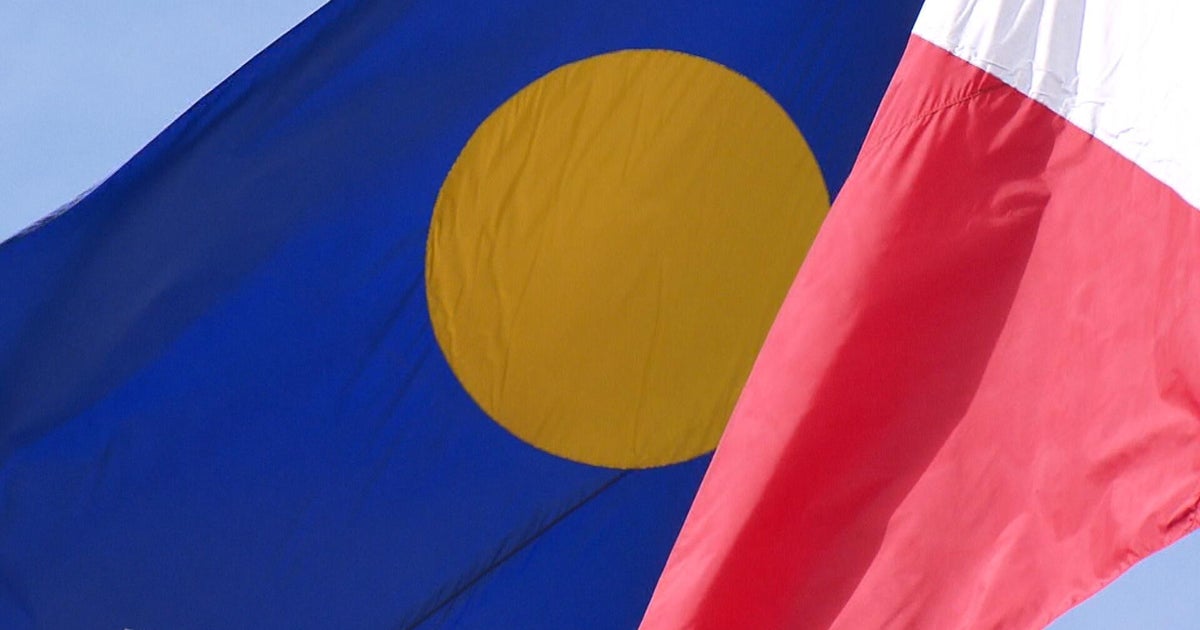Great Lakes Wolves Could Come Off Endangered List
TRAVERSE CITY, Mich. (AP) -- The U.S. Fish and Wildlife Service said Friday it would try again to drop wolves in the western Great Lakes region from the federal endangered species list, although courts have overruled previous attempts.
About 4,200 wolves roam and forests and fields of Minnesota, Wisconsin and Michigan's Upper Peninsula, their numbers growing steadily since receiving government protection in the early 1970s.
"Wolves in the western Great Lakes have achieved recovery," said Rowan Gould, acting director of the Fish and Wildlife Service.
The agency said it would take public comment for 60 days before making a final decision on its proposed rule.
Its action came one day after Congress voted to strip wolves of federal protections in five Northern Rockies states: Montana, Idaho, Washington state, Oregon and Utah.
The fish and wildlife service has proposed removing Great Lakes wolves from the endangered list four times since 2004 but has been thwarted by court rulings that sided with lawsuits filed by animal rights and environmental groups.
The agency tries in its newly proposed rule to objections raised by the courts, including making the case for identifying the Great Lakes wolves as a distinct population and calling for their removal from the endangered list at the same time, agency spokeswoman Georgia Parham said.
For the first time, the rule recognizes the existence of two species of wolves in the region: the gray wolf, which was the type listed under the Endangered Species Act, and the eastern wolf, which historically ranged in eastern Canada and the northeastern U.S. The proposal to remove federal protections applies to both.
(© Copyright 2011 The Associated Press. All Rights Reserved. This material may not be published, broadcast, rewritten or redistributed.)







